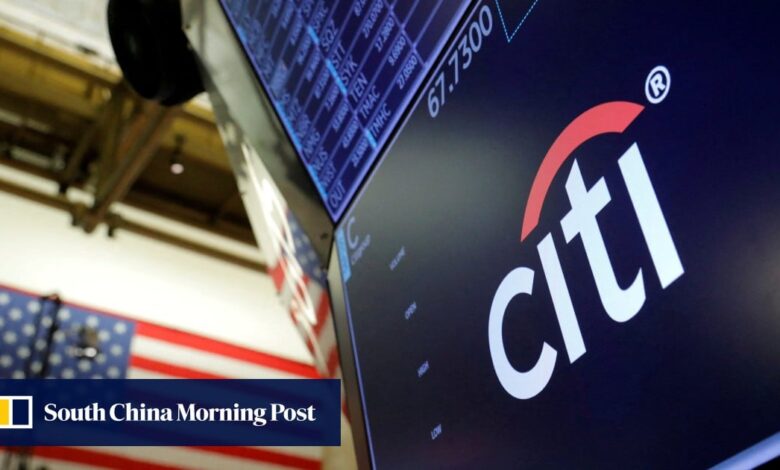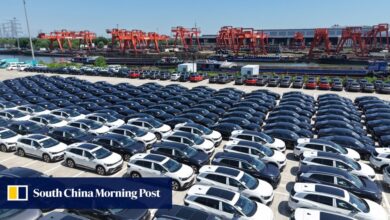Citigroup eyes US$500 billion in outbound investments from China and East Asia

Major companies from China, Taiwan and South Korea would be responsible for nearly half a trillion dollars in outbound investments over the next five years, with a focus on “transformative industries” amid heightened geopolitical tensions, according to senior Citigroup executives.
A global focus was needed for companies to achieve growth and navigate volatility and uncertainties posed by geopolitics and macroeconomic pressures, said Kaleem Rizvi, head of corporate banking for Japan, North Asia and Australia.
“We continue to see significant opportunities despite the various headwinds often discussed,” he said. “In times of high volatility, companies must incorporate flexibility into their strategies.”
The US bank estimated the capital expenditure announced by mainland Chinese and Taiwanese companies outside their home markets would be close to US$300 billion over the next five years, with money flowing into technology, artificial intelligence, electric vehicles (EVs) and healthcare.

Meanwhile, South Korean companies’ investments would be about US$200 billion over the same period. This would flow into markets such as North America, Eastern Europe, Southeast Asia and India into areas like battery manufacturing, EVs, semiconductors and renewables.
“Emerging corridors are developing largely due to supply-chain shifts and capital expenditures in transformative industries such as artificial intelligence, semiconductors and EVs,” Rizvi said. “This trend is expected to continue.”
Source link



